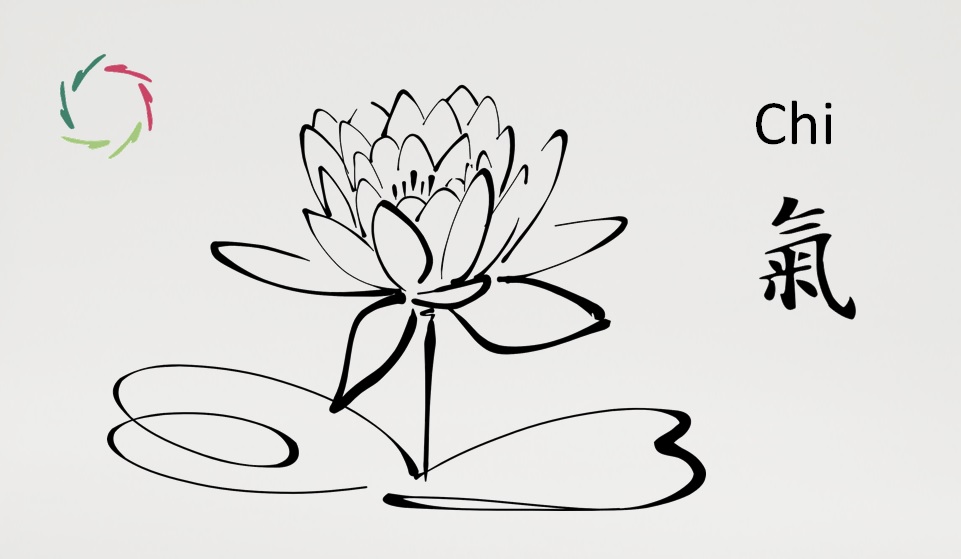Compassionately Strong

Compassion – or what people associate with the term – may seem weak. It isn’t. Therefore, the fear of ‘weakness’ should not deter striving to be strongly Compassionate.
From the inside out
Basically, Compassion is related to Inner Strength, being the primary source of any durable outer strength. Without it, anything on the outside is built on mental quicksand. Sooner or later, it partly or completely disappears.
Therefore, there can be no Compassion without striving for strength. ‘Compassionately strong’ means that one goes through the path of empathy, not sympathy or emotional contagion. The latter is related to the idea of compassion as something like pity at the superficial level ― without embeddedness in a total person. Only this embeddedness delivers solid ground.
Not Compassionately weak
This is equally important. More to the point, it should always be made clear explicitly that Compassion has the goal of strength, not weakness. Otherwise, weakness may be perceived implicitly.
As to the above, the difference is also the difference between the ego and the total self. Thus, challenging to grasp. Yet Compassion and mere-ego are even incompatible with each other. This insight is crucial at present as at any time. I mean, look at this world. Look at what is going on and the dangers of the near future on a global scale.
Lack of Compassion is killing millions.
What keeps people away from Compassionate strength
The mistaken view of Compassion as a weakness is not appealing, of course. Culturally determined or not, men may be more aversive to this. Thus, the mistaken view of Compassion may keep men more away from Compassionate strength.
On the other hand, Inner Strength is also not enticing to people who have little contact with it in daily life. It can provoke anxiety, the fear of what one may discover inside oneself, the implications, emotional changes, and newly found responsibilities.
So, does an emphasis on strength make Compassion more appealing? Probably, on condition that it comes with the proper insight.
Politically
Many groups of people – nations, for instance – tend to protect themselves as a group from other groups. In such a case, ‘together strong’ is oriented against some real or possible – or imagined – enemy. Even the idea of weakness becomes an invitation to aggression from this enemy.
Indeed, one should not invite aggression. It’s as wrong as being aggressive oneself. On the other hand, an exaggerated fear (phobia) of any appearance of weakness is increasingly turning the world into a more dangerous place. Unfortunately, in politics, such fear within a population is repeatedly abused for easy political gains, leading to ‘us versus them’ ― also in global politics if you care to look.
One should not try to suddenly jump out of this, for that brings the risk of disaster. Yet, while dealing with present problems in realistic ways, global Compassion can be seen as a broader envelope and further goal. This may be the only path toward a humane future for humanity.


